Having led at the highest levels in the US Navy and then served as president of the largest credit union in America, VADM Cutler Dawson brings a new perspective to the leadership genre. Dawson and co-author Taylor Baldwin Kiland assert that employees matter most and should come first, an idea that other well-regarded leadership authors also advocate. Dawson’s stories, drawn from experiences such as commanding a battle group in the Persian Gulf and intercepting a Soviet spy ship, aren’t quite the stuff of Tom Clancy, but they illustrate principles that will resonate with readers at any stage of their leadership career.
The US Navy prepares its leaders to assess risk, make decisions and accept responsibility.
The commanding officer (CO) aboard a US Navy ship at sea carries enormous autonomy and accountability. The principle, “unless otherwise directed” (UNODIR), grants a CO wide discretion in carrying out a ship’s mission. Commanding officers develop courage, humility, boldness and decision-making ability, because, often, they must take action and face risks without asking for permission from their superiors.
When author Cutler Dawson commanded the USS Molala in 1976, his ship tracked a Soviet spy vessel off the California coast. Dawson made the unprecedented decision to hail the Soviet ship and invite its captain onboard for lunch. The Russian officer conferred by radio with Moscow and declined. This difference between the United States’ and the USSR’s command protocols left an impression on Dawson. Having the trust and respect of his superiors boosted his confidence. Dawson understood that the trust and respect he showed his crew would have the same impact on them.
Cutler Dawson developed his core leadership principles during his career...
Cutler Dawson rose from junior lieutenant in the Navy to Vice Admiral, and became CEO of the United States’ biggest credit union, Navy Federal.










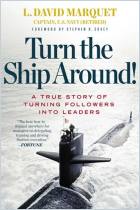
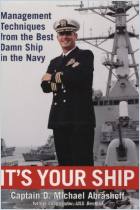
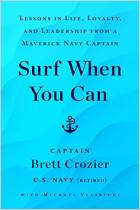
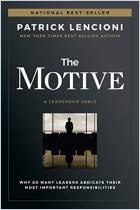
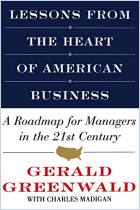
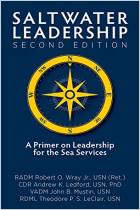









Comment on this summary or 开始讨论